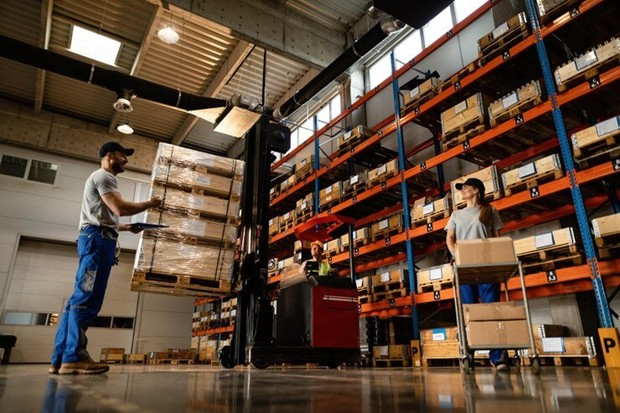
According to
data from Colliers India, new supply reached close to 7 million square feet,
with approximately one-third of Grade A developments concentrated in the Delhi
NCR region.
Key industrial and warehousing
hubs across the country witnessed buoyant leasing activity, totaling 7 million
square feet. Mumbai and
Chennai emerged as frontrunners in demand, accounting for about 55% of the
total share. Of particular interest was Chennai, which saw robust leasing
activity, nearly doubling its uptake compared to the same period last year….
Third-party logistics players
(3PL) continued to dominate industrial and warehousing space occupancy,
contributing over 40% to the total demand. Chennai stood out with about 43% of
the overall 3PL activity in the top five cities. Retail players also made a
significant impact, accounting for 16% of the demand nationwide, followed by
engineering and automobile sectors with 12% each.
Vijay Ganesh,
Managing Director of Industrial & Logistics Services at Colliers India,
highlighted the evolving consumption
patterns, noting that the combined share of retail, engineering, and
automobile sectors rose from 26% in Q1 2023 to 40% in Q1 2024, indicating
shifting dynamics and emerging opportunities in the sector.
The e-commerce segment witnessed a
remarkable surge, with leasing activity soaring 2.3 times compared to the same
period last year. This growth
trajectory is expected to continue as the focus on digital infrastructure and
changing consumer behaviors drive demand for warehouse spaces. Additionally,
the rise of Quick Commerce (Q-commerce) players is anticipated to further
stimulate demand for larger hub-warehouses.
Retail players also demonstrated
heightened interest in warehousing space, with demand more than doubling from a
year ago.
Vimal Nadar,
Senior Director & Head of Research at Colliers India, expressed optimism
regarding the sector’s performance in 2024, citing an upbeat start to the year
and improved developer confidence. With a Grade A supply pipeline of
approximately 23-25 million square feet for the year, Nadar expects supply to
closely align with demand trends across the top five cities.
Despite
rising supply and healthy demand, vacancy
levels saw a slight increase to 11% by the end of the first quarter, attributed
to churn and exits in the industrial and warehousing space. However, amidst
this backdrop, rental rates remained range-bound, experiencing an 8% rise in
select micro markets of Chennai and Pune.
As the
industrial and warehousing sector continues to evolve and adapt to changing
market dynamics, stakeholders remain
optimistic about its growth trajectory in the coming quarters, driven by
sustained demand diversification and robust leasing activity.